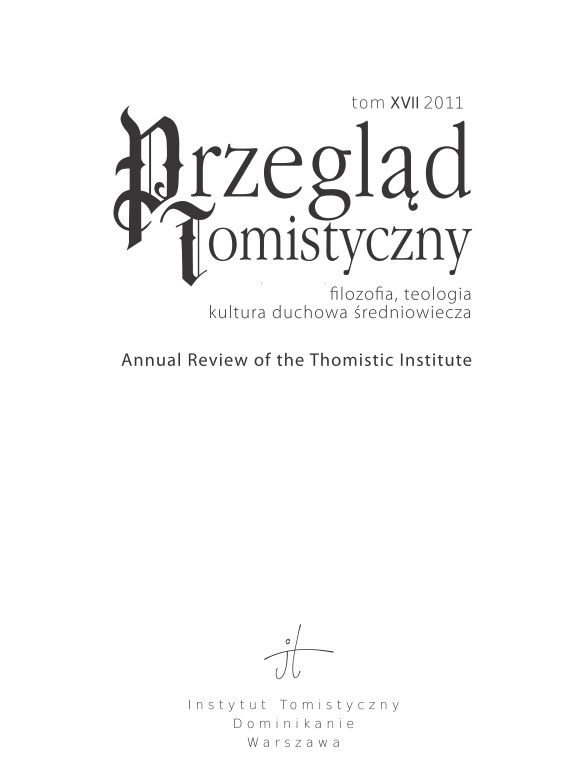RICCARDO QUINTO, Divine Goodness, Divine Omnipotence and the Existence of Evil. A Discussion of Augustine’s „Enchiridion”, 24-26, from Anselm of Laon to Stephen Langton

Tom XVII: 2011
Filozofia — Teologia— Kultura duchowa średniowiecza
ISSN 0860-0015
e-ISSN 2544-1000
SUMMARY
Augustine gives in Enchiridion 24.96 an account of God’s will and of its relationship to the existence of evil: for him, though evil is not good, it is nevertheless good that evil exists alongside the good. The reason for this is that, since God does not prevent evil from existing, the existence of evil is somehow contained within God’s will. This doctrine is accepted by Anselm of Laon († 1117), who teaches it to his pupils, but it is fiercely opposed by Rupert of St.-Laurent (a monastery in Liège) in his works De voluntate Dei and De omnipotentia Dei. For him, when God “permits evil”, this does not mean that He “wants evil”, but that He just wants to permit evil to be. For Rupert, this is the only way to account for God’s goodness and mercy, and is also a more correct way to understand Augustine’s teaching, compared with Anselm’s ‘scholastic’ distinction between voluntas permittens and voluntas approbans. Both Anselm’s and Rupert’s positions influence later theologians, among whom are Peter Lombard and his followers, including Stephen Langton († 1228). For Langton, the fact that God does not prevent evil does not mean that He wills it. The reverse is in fact the case. In order to maintain this, Langton distinguishes between two different meanings of the claim that God ‘does not want’ (non vult) evil. This phrase can either be interpreted as the third person of the Latin verb nolo, or as the negation of the third person of the Latin verb volo. On Langton’s account, God ‘does not want’ evil to be in the second sense. That is to say, God does not deliberate between desiring that people sin or not sin, for he simply does not want them to sin (non vult, as negation of velle), even though he does not prevent them from sinning (which would be necessary if non vult were understood as the third person of nolo). e article aims at showing how a theological problem (like that of God’s will) was discussed throughout the 12th century with increasing recourse to the arts of language (in this case, logical and semantic analysis of the theological statements), and that Stephen Langton is a particularly good example of this trend.
